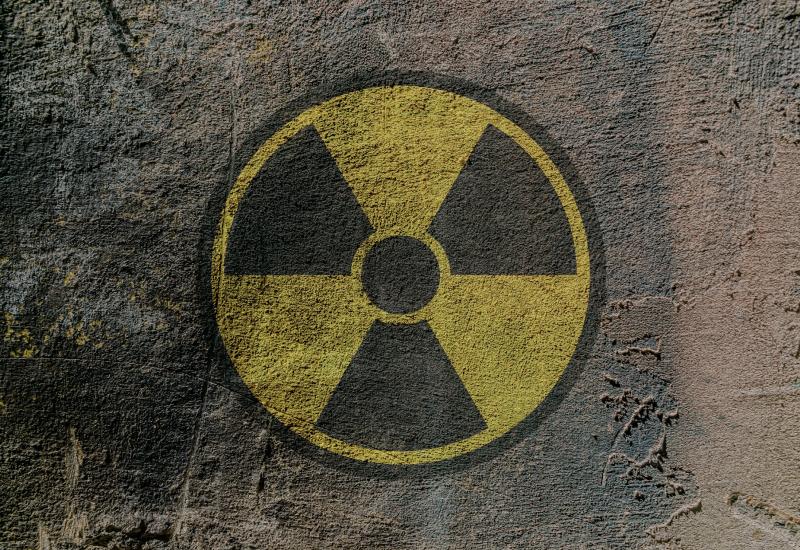
Sutro goes back to work
The restructured biotech’s new lead project enters phase 1.
The restructured biotech’s new lead project enters phase 1.

After implementing two rounds of workforce reduction and cost-cutting this year, the troubled antibody-drug conjugate player Sutro has gone back to the business of drug development. An R&D day on Wednesday highlighted the company’s new pipeline lead, the anti-tissue factor (TF) ADC STRO-004, and on the same day this project’s first-in-human study appeared on clinicaltrials.gov.
This features among several new entries on the registry, which also include a trio of mystery assets from Daiichi, Bristol and Boehringer. For investors in Sutro, whose shares closed up 15% on Thursday, STRO-004 is one of a number of assets to focus on after the shelving in March of the anti-folate receptor alpha ADC luveltamab tazevibulin.
It was then that the group switched to TF and STRO-004 as its new lead, alongside the integrin αvβ6-targeting conjugate STRO-006 plus several early-stage undisclosed dual-payload ADCs. Among the disclosures at Sutro’s R&D day was that the company’s first dual-payload ADC would be STRO-227, which targets PTK7.
STRO-227 apparently lies outside Sutro’s dual-payload ADC discovery collaboration with Astellas, whose first (still undisclosed) project is due to start clinical testing early next year. Meanwhile, STRO-227 is somewhat further behind, with an IND submission not expected until 2026/27.
However, the fact Sutro has selected PTK7 as its target will raise eyebrows, since this has seen notable discontinuations of ADCs from Genmab (GEN1107) and AbbVie/Pfizer (cofetuzumab pelidotin). Nevertheless, Sutro says cofetu-P “validated” PTK7 clinically, and now discloses that STRO-227 uses exatecan and MMAE payloads at drug-to-antibody ratios of 8 and 2 respectively.
STRO-004
As for Sutro’s new lead, STRO-004 has been taken into phase 1 in cancers known to express TF, but apparently not preselected for high expression levels of this antigen.
Pfizer/Astellas’s Tivdak is the only approved anti-TF ADC, and beyond this STRO-004 is among just six others in clinical development, including Evopoint’s XNW28012 and Exelixis’s XB371, according to OncologyPipeline. And regarding the anti-αvβ6-targeting ADC STRO-006, Sutro says it will submit an IND for it next year.
Recently disclosed first-in-human studies*
| Project | Mechanism | Company | Trial | Scheduled start |
|---|---|---|---|---|
| EVOLVE-104 | ULBP2 x CD2 trispecific T-cell engager | EvolveImmune Therapeutics | Urothelial & squamous cell carcinomas | 15 Oct 2025 |
| 177Lu-LY4337713 | FAP radioconjugate | Lilly | Firebolt, FAP+ve solid tumours | 22 Oct 2025 |
| FT836 | MICA/B Car-T | Fate | Solid tumours, monoRx + combos | 30 Oct 2025 |
| STRO-004 | TF ADC | Sutro | Cancers known to express TF | 7 Nov 2025 |
| DS-3790a | CD37 ADC | Daiichi Sankyo | Haematological malignancies, monoRx + combos | 15 Nov 2025 |
| BI 3810944 | Undisclosed | Boehringer Ingelheim | Solid tumours with known BRAF mutation status | 17 Nov 2025 |
| BMS-986523 | Undisclosed | Bristol Myers Squibb | KRASm solid tumours, +/- Keytruda (PD-L1≥50%) | 26 Nov 2025 |
Note: *these projects were first listed on the clinicaltrials.gov database between 9 Oct and 12 Nov 2025.
Beyond Sutro, clinicaltrials.gov reveals the recent entry into phase 1 of several other projects, of which perhaps the most intriguing is the private biotech EvolveImmune’s EVOLVE-104, a T-cell engager targeting ULBP2.
This is no ordinary T-cell engager, however, employing what EvolveImmune calls "integrated co-stimulation" via the additional engagement of CD2 to amplify tumour killing, in addition to CD3-based engagement of T cells. A year ago AbbVie bought into this approach, giving EvolveImmune $65m up front in a discovery collaboration.
Meanwhile, DS-3790a is a Daiichi project whose target has only recently been revealed to be CD37. Secrecy still surrounds Boehringer Ingelheim’s BI 3810944 and Bristol Myers Squibb’s BMS-986523, though the new clinicaltrials.gov entries give a good indication of those last two molecules’ mechanisms of action.
One part of BI 3810944’s study says patients’ BRAF expression levels must be known before enrolment, while that of BMS-986523 mandates KRAS mutation or amplification. It’s possible that the two projects act on those respective proteins.
This story has been updated.
1322













